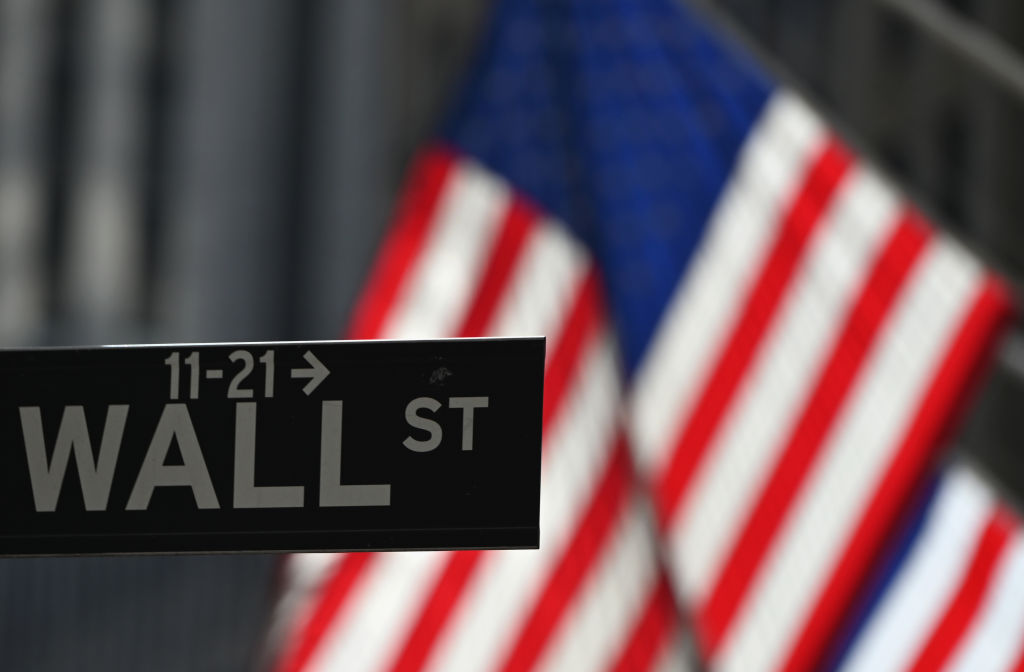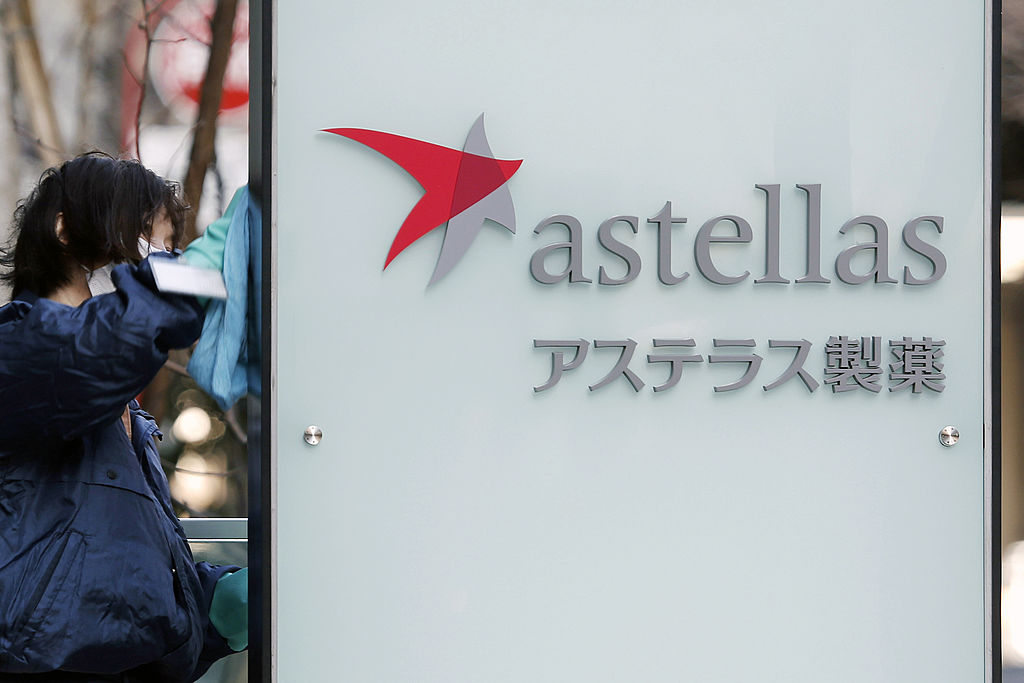Ascentage Pharma, a China-based drug developer with global ambitions, now has $126.4 million from a U.S. IPO that will mainly support late-stage clinical development of two medicines that could offer advantages over some currently available cancer therapies.
Ascentage has traded on The Stock Exchange of Hong Kong since 2019. In preliminary financial terms set earlier this week for its U.S. stock market debut, the company planned to offer more than 7.3 million American depositary shares (ADS) priced at $20.34 each. Late Thursday, Ascentage, which is based in Suzhou, China, and maintains U.S. operations in Rockville, Maryland, priced its offering at $17.25 per ADS. Those shares will trade on the Nasdaq under the stock symbol “AAPG.”
The only commercialized Ascentage product is olverembatinib, a drug approved in China as a treatment for certain patients with chronic myeloid leukemia (CML). This drug is a small molecule inhibitor of tyrosine kinases, enzymes that drive cancer growth. Tyrosine kinase inhibitors (TKIs) are already available, such as the Novartis drugs Scemblix and Gleevec. But CML can become resistant to these therapies, Ascentage said in its IPO filing. Furthermore, first- and second-generation TKIs have not been able to address CML with T315I mutations, which are associated with rapid disease progression and limited patient survival.
Ascentage describes olverembatinib as a next-generation drug for CML that is driven by T315I mutations and is also resistant to first- and second-generation TKIs. The company points to real-world data in China showing benefit in patients whose cancers developed resistance to the Novartis drugs.
“In a five-year follow-up of CML [in the chronic phase] patients treated with olverembatinib, 73% had remained on the treatment, response rates continued to increase and the prevalence of treatment-related adverse events, or TRAEs, continued to decrease over such period,” Ascentage said in the IPO filing. “Therefore, we believe that olverembatinib, with its real-world patient data in China, where it is approved, has the potential to be a global therapy for CML.”
An ongoing Phase 3 clinical program for olverembatinib is enrolling patients in the U.S., Canada, Australia, and China. One of these pivotal studies is testing the drug as a monotherapy for CML. The design of this study is intended to support an FDA new drug application, which Ascentage plans to file in 2026. Additional Phase 3 tests are evaluating olverembatinib in newly diagnosed Philadelphia chromosome-positive acute lymphocytic leukemia and gastrointestinal stromal tumor.
Olverembatinib may achieve Ascentage’s global ambitions in the hands of a big pharmaceutical company. Last June, Ascentage granted Takeda Pharmaceuticals International an exclusive option to license olverembatinib for development and commercialization outside of greater China and Russia. Takeda paid $100 million for that option; the option exercise fee and milestone payments could bring Ascentage up to $1.2 billion more, according to the IPO filing.
The next drug in Ascentage’s pipeline is lisaftoclax, a small molecule inhibitor of Bcl-2. Overexpression of this protein can contribute to tumor growth and drug resistance. Ascentage is developing lisaftoclax for various types of blood cancers. A new drug application for the molecule is under regulatory review in China for the treatment of advanced cases of chronic lymphocytic leukemia (CLL) and small lymphocytic leukemia (SLL).
If approved, Ascentage plans to launch the lisaftoclax in China in 2025 and then pursue regulatory approvals in multiple countries, according to the filing. Its main competition would be Venclexta, a Bcl-2 inhibitor marketed by partners AbbVie and Genentech. However. Venclexta is not currently approved in China for CLL or SLL. The Ascentage pipeline includes additional small molecules in earlier stages of development, mainly for cancers.
Ascentage co-founder Edward Ming Guo is the company’s largest shareholder with a 17.5% post-IPO stake, according to the prospectus. Takeda owns 7.1% of the company. In the nine months ended Sept. 30, 2024, Ascentage reported 876.8 million Chinese yuan (about $124.9 million) in revenue, most of which came from the Takeda option deal. At the end of the third quarter of 2024, Ascentage reported its cash position was $210.8 million.
With the IPO proceeds, Ascentage plans to spend $30 million to $40 million for clinical development of olverembatinib in the U.S. and other countries, and to expand the drug’s label to earlier lines of CML treatment among other indications, according to the prospectus. Another $50 million to $60 million is budgeted for the regulatory approval and potential commercial launch in China of lisaftoclax as a treatment for relapsed or refractory CLL. The company also plans to run clinical trials that could support approvals of this drug in the U.S. and other countries. Between $10 million and $20 is set aside to fund R&D of other drug candidates.
Photo: Angela Weiss/AFP, via Getty Images











